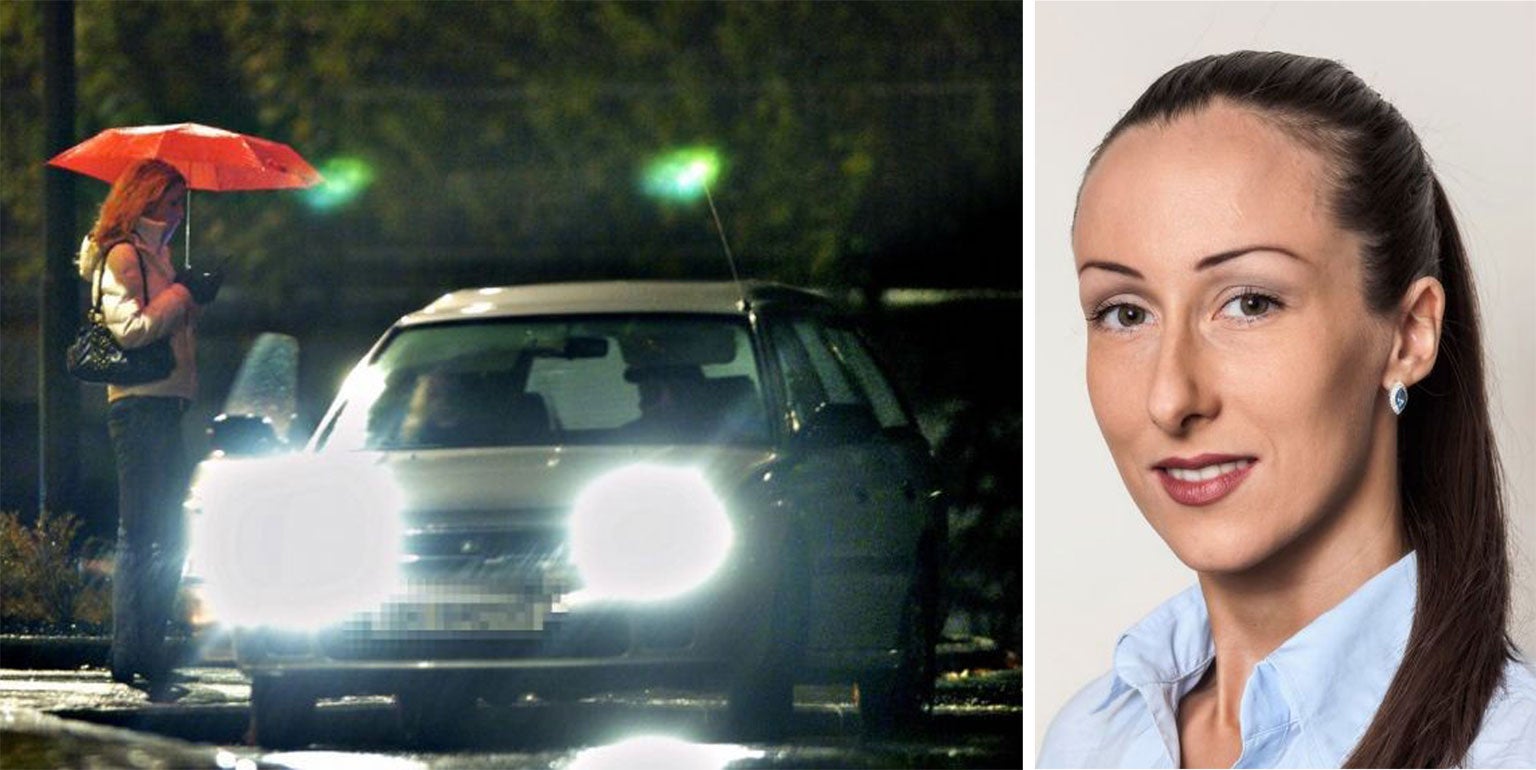A taxing issue for Norway's sex workers
Campaigners say that Oslo government 'pimp' may reap revenue but women will not benefit

Your support helps us to tell the story
From reproductive rights to climate change to Big Tech, The Independent is on the ground when the story is developing. Whether it's investigating the financials of Elon Musk's pro-Trump PAC or producing our latest documentary, 'The A Word', which shines a light on the American women fighting for reproductive rights, we know how important it is to parse out the facts from the messaging.
At such a critical moment in US history, we need reporters on the ground. Your donation allows us to keep sending journalists to speak to both sides of the story.
The Independent is trusted by Americans across the entire political spectrum. And unlike many other quality news outlets, we choose not to lock Americans out of our reporting and analysis with paywalls. We believe quality journalism should be available to everyone, paid for by those who can afford it.
Your support makes all the difference.Hege Grostad is a university student, Mensa member and lobbyist. She finds the term "selling your body" distasteful, and describes her job as "relaxing". For the past two years she's also been one of Norway's 3,000 sex workers, and is at the heart of a grassroots campaign to decriminalise and regulate the sex industry.
It is a campaign being fought within Norway's well-developed welfare state, not over the morality of prostitution, but over sex workers' rights to pensions and health and safety protection. Though many in the industry are vulnerable and exploited, the most vocal proponents of change are a group of women who claim they chose this career for themselves.
Selling sex is not illegal in Norway but, since 2009, buying it has been. The industry has become progressively criminalised, with police operations aimed at those who knowingly rent property to sex workers.
Moves to ban the advertisement of sexual services have provoked outrage from many in the industry, who resent repeated government intervention. "Politicians are welcome to make decisions when they have spent time speaking to sex workers and interest groups in Norway," Ms Grostad said. "Judgements based on personal feelings can be very dangerous for those affected by the laws."
Income from sex work has been taxable since the mid-1990s in Norway but, since the 2009 ruling, this revenue has been received illegally. Sex worker Julie Vest, 32, reportedly earns between £3,000 and £20,000 a month of taxable income as a "luxury" escort. She believes that there have to be vast changes if the state is going to act as her "pimp" by benefiting from her earnings, as sex workers are currently "forced to pay tax from money we earn from clients who are committing a criminal activity".
The latest figures show that Norwegians spend more than £39m a year on sexual services; Ms Grostad wants sex work to be considered under the same network of employment laws and rights as other service sector jobs. Given the country's famously bountiful welfare state, this would revolutionise the way the sex industry works.
Scandinavian staples such as regulated working hours, workplace training and health and safety rules would have to be followed. Many sex workers argue that it is the criminalisation of buying sex and leasing flats to sex workers that is prohibiting this from becoming a reality.
Ase Michaelsen, MP for the Progress Party and a member of the Parliamentary Justice Committee, wants to decriminalise the buying of sex as "the law might look nice on paper, but in reality it hasn't worked". Ms Grostad added: "If you have problems with violent customers, you're not motivated to call the police … because you might risk that they will attempt to sabotage your business"
The criminalisation of purchasing sex in Norway has hardly affected the number of buyers, according to reports from Prosentret, an organisation that provides help and advice to sex workers. Its director, Bjorg Norli, believes that criminalising the sex industry "has had a directly negative consequence" on many of those who sell sex.
Marthe Hammer, leader of the women's movement in the Socialist Left Party, disagrees. The law, she claimed, sends "an important signal to society" about "what is and what isn't an acceptable job".
Ms Grostad's critics see her as an exception: a well-educated, upwardly mobile woman in a business where the majority are exploited and vulnerable. They fear she is advertising the ideal of the "happy hooker", which could tempt other women into a problematical industry.
Join our commenting forum
Join thought-provoking conversations, follow other Independent readers and see their replies
Comments